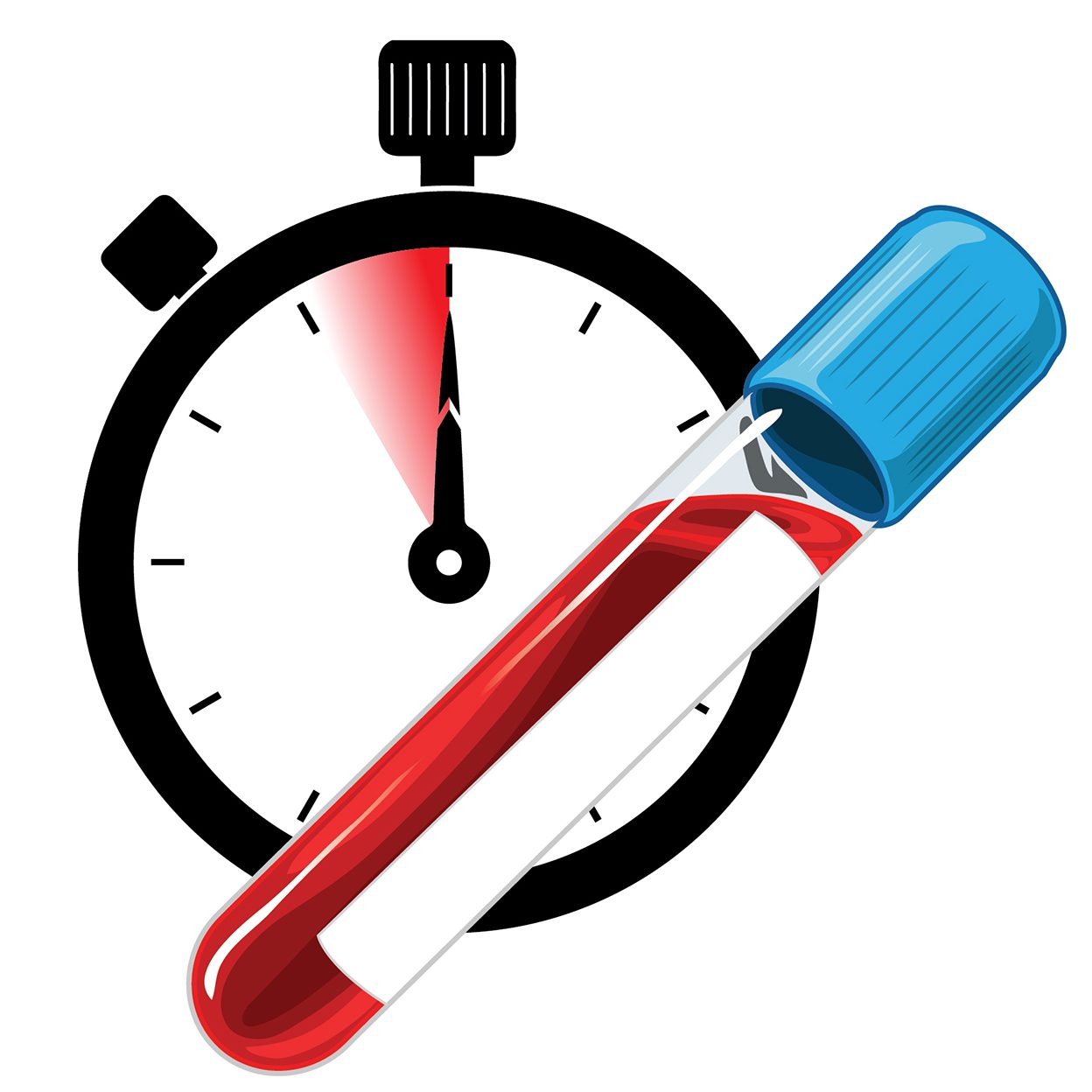Abstract
This data set contains 316 men who had undergone radical prostatectomy and received transfusion during or within 30 days of the surgical procedure and had available PSA follow-up data. The main exposure of interest was RBC storage duration group. A number of demographic, baseline and prognostic factors were also collected. The outcome was time to biochemical cancer recurrence. The dataset is cleaned and complete. There are no outliers or data problems. These are data from a study by Cata et al. “Blood Storage Duration and Biochemical Recurrence of Cancer after Radical Prostatectomy”. Mayo Clin Proc 2011; 86(2): 120-127.
| Study Design | Topic | Statistical Method | Statistical Method | Statistical Method |
|---|---|---|---|---|
| Retrospective Cohort | Cancer Recurrence | Contingency Tables | Logistic Regression | – |
Contributor
The Blood Storage dataset was contributed by Dr. Amy Nowacki, Associate Professor, Cleveland Clinic. Please refer to this resource as: Amy S. Nowacki, “Blood Storage Dataset”, TSHS Resources Portal (2017). Available at https://www.causeweb.org/tshs/blood-storage/.
Background
Prostate cancer is the most common malignant neoplasm in men, and radical prostatectomy is among the primary therapies for localized prostate cancer. The biochemical recurrence-free survival rate 5 years after prostatectomy ranges from 70% to 90%. Improvements in the surgical technique have decreased the amount of intraoperative blood loss occurring during radical prostatectomy; however, substantial numbers of patients still require perioperative blood transfusions.
Blood transfusions are associated with adverse reactions, including postoperative infections and transfusion-related immune perturbations. Allogeneic leukocytes present in the transfused blood are thought to suppress host cellular immune responses. Furthermore, the immunodepressant effect is secondary to an imbalance of accumulated cytokines and proinflammatory mediators in the transfused blood against decreased production of lymphocyte stimulating cell-mediated cytokines, such as interleukin 2 and increased release of immunosuppressive prostaglandins in the patient undergoing transfusion.
In cancer patients, perioperative blood transfusion has long been suspected of reducing long-term survival, but available evidence is inconsistent. It is also unclear which components of transfused blood underlie the cancer-promoting effects reported by some studies. An important factor associated with the deleterious effects of blood transfusion is the storage age of the transfused blood units. It is suspected that cancer recurrence may be worsened after the transfusion of older blood.
Objective
This study evaluated the association between red blood cells (RBC) storage duration and biochemical prostate cancer recurrence after radical prostatectomy. Specifically, tested was the hypothesis that perioperative transfusion of allogeneic RBCs stored for a prolonged period is associated with earlier biochemical recurrence of prostate cancer after prostatectomy.
Subjects & Variables
| Subject | # Obs | # Var | Introduction | Data Dictionary |
|---|---|---|---|---|
| Blood Storage | 316 | 20 | Blood Storage Introduction | Blood Storage Data Dictionary |
Data Downloads
| Posting Date | Contributor (email) |
|---|---|
| 03/28/17 | Amy Nowacki (nowacka@ccf.org) |
| R | SAS | STATA | SPSS | Minitab | Excel |
|---|---|---|---|---|---|
| Blood Storage-R | Blood Storage-SAS | Blood Storage-Stata | Blood Storage-SPSS | Blood Storage-Minitab | Blood Storage-Excel |
Teaching Resources
last updated on 3/28/20176
| # | Name (link) | Posting Date | Author (email) | Type | Statistical Topic | Level | Keywords |
|---|---|---|---|---|---|---|---|
| – | – | – | – | – | – | – | – |

